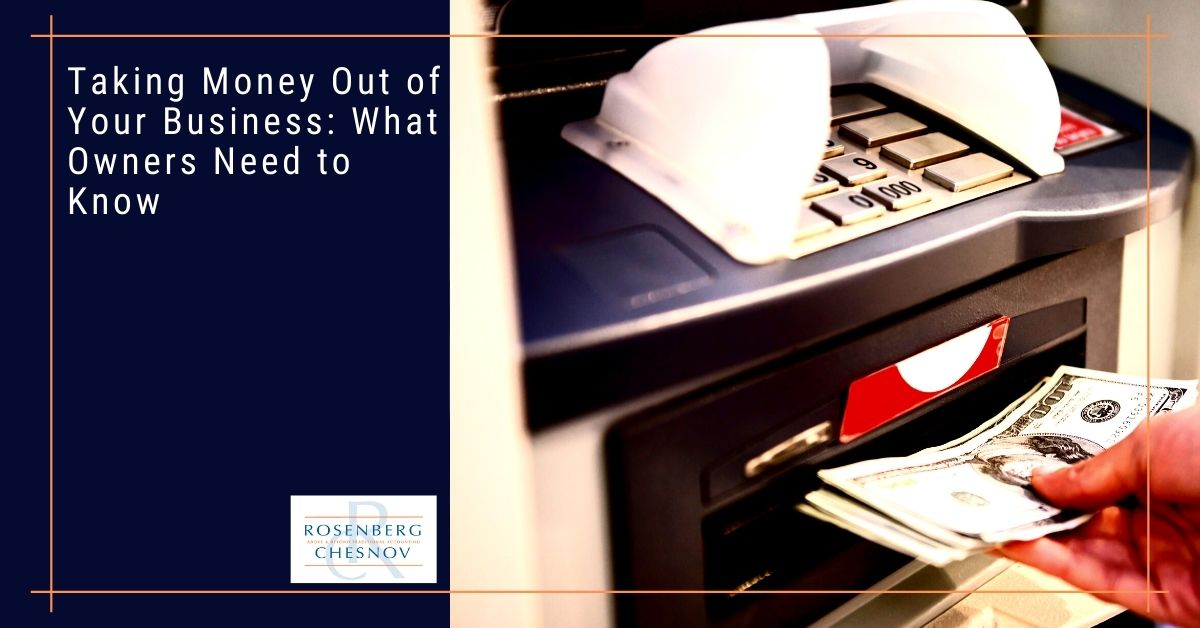Taking Money From Business For Personal Use

The aroma of freshly brewed coffee hung heavy in the air, mingling with the scent of printer ink as Sarah meticulously reviewed the quarter's financials. Outside, the city buzzed with its usual chaotic energy, but inside her small office, a quiet unease settled. A discrepancy, subtle yet persistent, tugged at her attention, a shadow lurking behind the bright numbers.
At its core, this article explores the delicate and often blurred line between business finances and personal expenses, a situation that can lead to legal and ethical quagmires for entrepreneurs and small business owners.
The Allure of the Shared Account
For many budding entrepreneurs, especially in the early stages, the lines between personal and business finances can seem almost nonexistent. They start their business with personal saving, borrowing money from family and friends.
Funds are tight, and the temptation to use business revenue for personal necessities – a grocery run, a child's school fee – can be overwhelming. This practice, though sometimes born of desperation, can quickly spiral into a dangerous habit with serious consequences.
According to the Small Business Administration (SBA), a significant number of small businesses fail within the first five years, and poor financial management is a leading contributor. This underscores the importance of maintaining strict financial discipline from the outset.
Legal and Ethical Implications
The act of using business funds for personal expenses is not inherently illegal, but it can become so depending on how it's recorded and reported. For example, classifying personal withdrawals as business expenses to reduce tax liability constitutes fraud.
The Internal Revenue Service (IRS) takes a dim view of such practices, and the penalties for tax evasion can be severe, ranging from hefty fines to imprisonment. Beyond the legal ramifications, there are significant ethical considerations.
Commingling funds undermines the integrity of financial records, making it difficult to accurately assess the business's financial health and hindering informed decision-making.
The Perspective of a CPA
"One of the first things I tell new clients is to open a separate bank account for their business," says David Miller, a Certified Public Accountant (CPA) specializing in small business finances. "It's the simplest and most effective way to avoid commingling funds and maintain a clear audit trail."
He emphasizes that even seemingly small personal expenses paid from a business account can create significant accounting headaches down the line. "It's about establishing good habits early on, which can save you a lot of stress and money in the long run."
Building a Foundation of Financial Integrity
Fortunately, there are proactive steps that business owners can take to avoid the pitfalls of using business funds for personal use.
First, establishing a clear budget for both personal and business expenses is crucial. Second, paying oneself a regular salary from the business, even in the early stages, helps separate personal income from business revenue.
Finally, seeking professional guidance from a CPA or financial advisor can provide invaluable support in setting up proper accounting systems and ensuring compliance with tax regulations.
"The key is to treat your business as a separate entity, even if it feels like an extension of yourself," advises Miller.
By doing so, you not only protect yourself from legal and ethical risks but also lay the foundation for sustainable business growth.
A Path Forward
The journey of entrepreneurship is often fraught with challenges, and the temptation to cut corners, especially when it comes to finances, can be strong.
However, by prioritizing financial integrity and seeking guidance when needed, business owners can navigate these challenges successfully and build businesses that are not only profitable but also ethically sound.
Like Sarah, recognizing the discrepancy and addressing it head-on is the first step toward a more transparent and sustainable future for your business. It’s about fostering a culture of honesty, not just in the numbers, but in the very heart of your entrepreneurial journey.


















